I have lived in Nairobi for the better part of 20 years.
In that period, I have grown with Nairobi as it has expanded.
“We have established the adaptation villages to work with people and train them to care for their environment.”
By 1906, Nairobi had a population of 11,512; in 1969, it had just 500,000 people.
Nairobi’s current metro area population is 5,325,000, a 4.02 percent increase from the 5,119,000 in 2022.
Meanwhile, the population of Kenya is 55,100,586, a 1.99 percent increase from 2022.
The city held the title of the Green City in the Sun for a long time, but with compounding climate change, it would be a stretch to call it that.
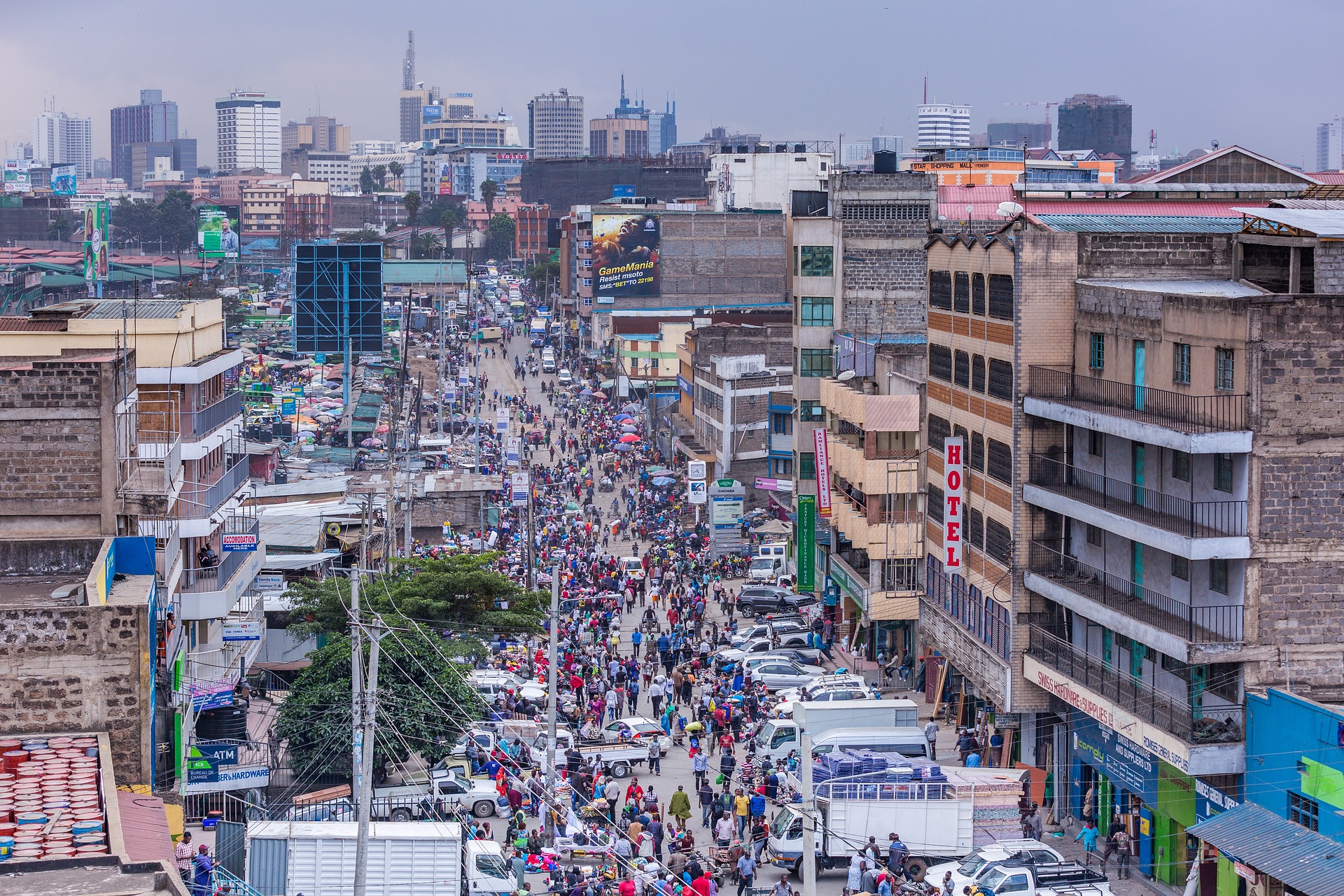
With an expansive skyline and its urban planning cracks filled by a deluge of high-rise buildings, Nairobi is looking toward partnerships to be a sustainable city.
In recent years, Kenya’s urban areas have become particularly vulnerable to climate change, facing threats such as coastal erosion, heightened drought and desertification, water resource scarcity, increased groundwater salinity, and epidemics and diseases.
Climate-related risks are rising and demand an inclusive and participatory approach that ensures no one is left behind in local and national environmental agendas.
Much effort has been put into addressing these challenges, both at the local and national levels, but it has been compounded by the stemming of issues from the Covid-19 pandemic since early 2020.
Inclusive and participatory approach
According to the Kenya Alliance of Resident Associations (KARA), the effects of climate change in urban areas and their impact on residents require the community’s collective action and commitment within the framework of Sustainable Development Goals (SDGs).
Climate-related risks are rising and demand an inclusive and participatory approach that ensures no one is left behind in local and national environmental agendas.
KARA promotes community engagement, advocates for resident rights, and provides capacity-building information sharing.
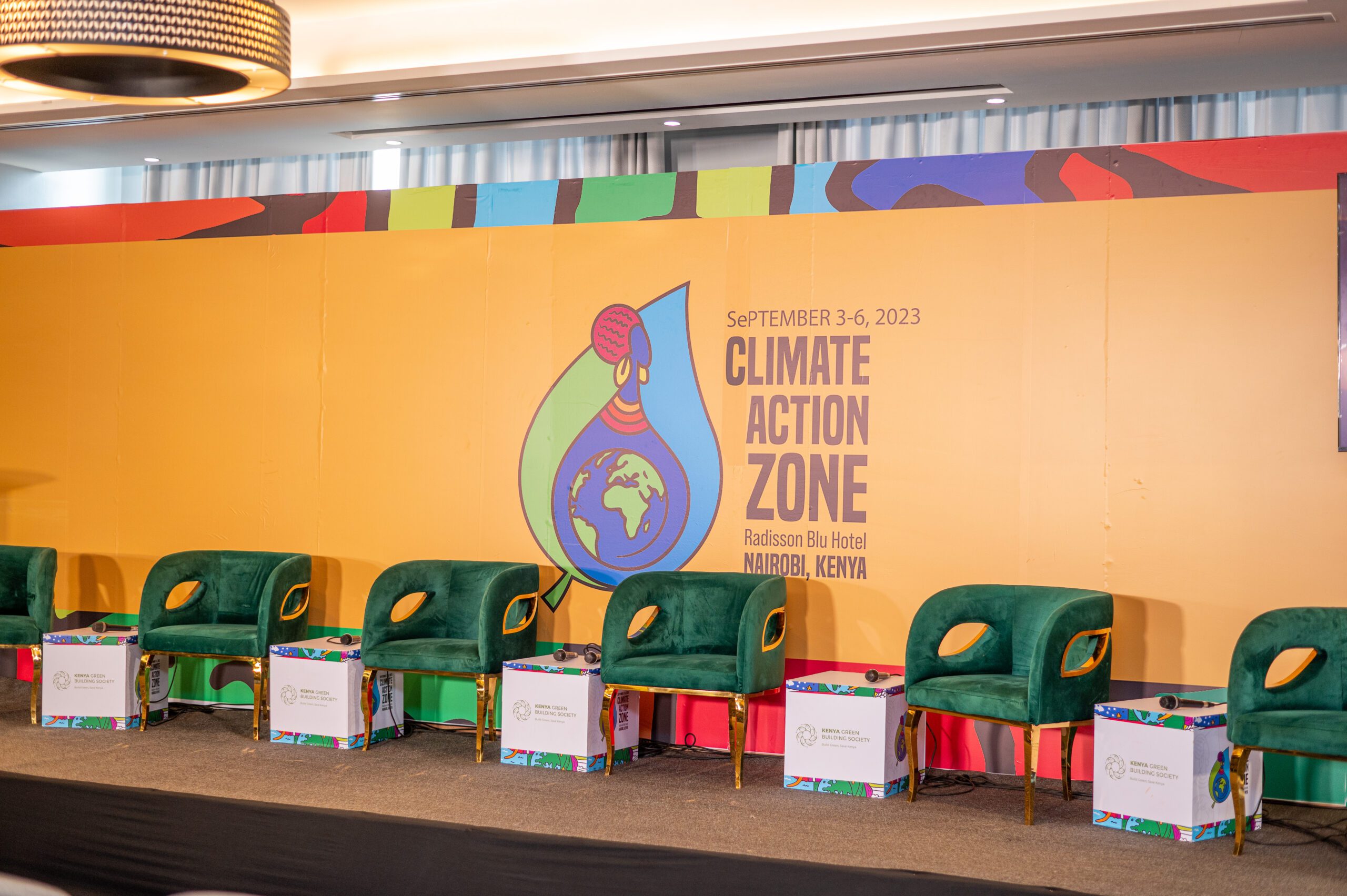
On Day Two (September 5, 2023) of the Climate Action Zone, hosted by the Alliance for Science and its partners, this all came to the fore.
A panel of Beverly Musili of Kilimani Project Foundation, Azarius Karanja from Niko Green, Dr Catherine Mbaisi of NEMA, and Ibrahim Nyangoya of Nairobi City County agreed that it is important to find ways of strengthening community actions toward sustainable solutions to climate change.
Monitoring the health of our ecosystems
Karanja, the Climate Lead at Niko Green — a social enterprise committed to making healthy and sustainable living a reality for all — wants a solution involving the public.
“As citizens, we can participate in monitoring our ecosystems’ health. We organized a conference for sustainability, drawing in students from other nations of the world. We want to advocate for solutions that involve the public.
“As Niko Green, apart from being an advisory firm, we try to be innovative in carrying out sustainable development. In conjunction with KARA, we have developed an app called Hatua to enable the ordinary citizen to report things happening around them concerning their environment.”
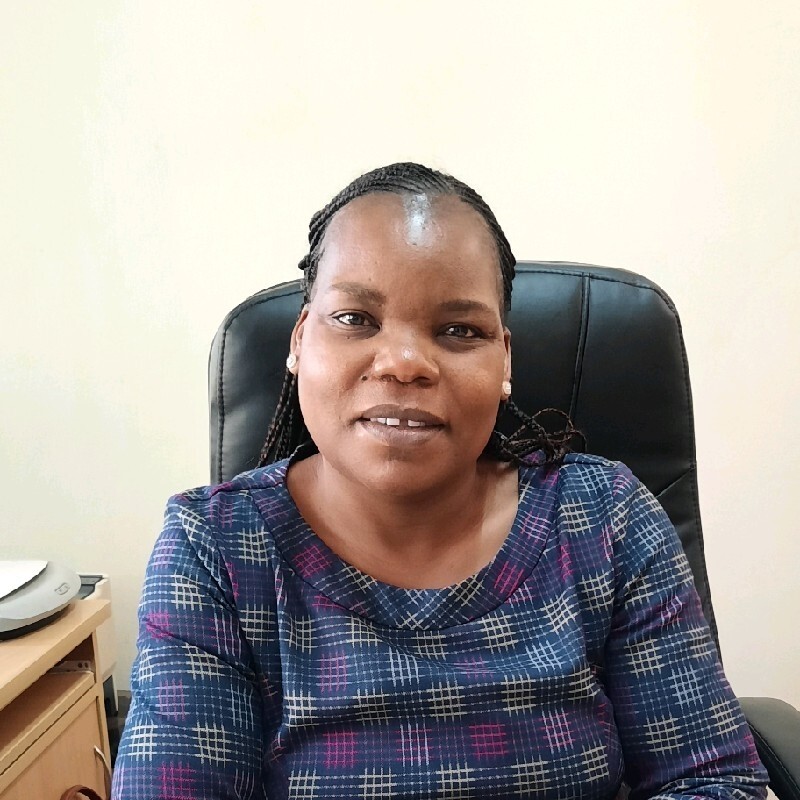
Dr Mbaisi, the acting Director for Environmental Education and Awareness at the National Environment Management Authority (NEMA), which supervises and manages all matters of the environment, insisted on regulation.
Promoting a circular economy
“We want to know when you are building where you are disposing of your water. The waste management regulation guides the generation of waste and transportation of said waste. We envisage an economy where we don’t have waste as such, but we are promoting a circular economy,” she said.
“We also take people to court, and indeed, we have also been taken to court as people have a fair engagement with the law. Our motto is our environment, life, and responsibility—we are all called upon to take action and guide you in what action to take.”
She added that NEMA has embarked on a mission to protect the wetlands.
“We have established the adaptation villages to work with people and train them to care for their environment.”
“We have deployed low-cost sensors that can show anyone the air quality status within their locality.”
The focus on the building industry comes at a time when the quality of many constructions in Nairobi and their ability to withstand the changing climatic conditions have raised eyebrows.
Nyangoya, the County Executive Committee Member, Green Nairobi, said no one should be left behind when you want to change the climate conversation.
“We launched our Climate Action Plan 2020 to 2050. We have learned that no one should be left behind. We believe everyone has a say in this climate change conversation. We have deployed low-cost sensors that can show anyone the air quality status within their locality.”
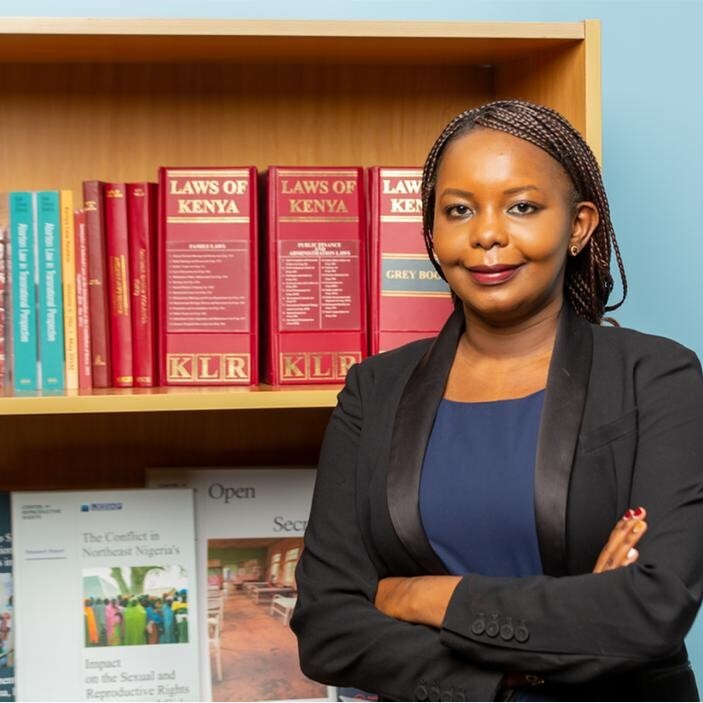
Ms Musili, representing the Kilimani Project Foundation, couldn’t agree more.
“As KPF, we work with children and have set up environmental clubs. We also work with youth leaders and peers in the community who mobilize and do outreach. But we are also looking to partner with the universities—we are coming to the youth instead of waiting for them to come to us.”
“We have well-meaning policies, but until we embrace them, we cannot enjoy the benefit of those regulations.”
According to Dr Mbaisi, it takes a lot of work to have 100 percent compliance, so they have different departments that filter out the issues that need to be addressed urgently.
“We have taken people to court, and they have complied. Otherwise, we will educate, incentivize, and have an award scheme for those making an effort.
“The residents’ associations are responsible for managing the spaces they live in so we can have a clean and sustainable environment, and sustainable means that we leave the place a better place than we found it,” Dr Mbaisi.
You have the duty and power.
With the severe climate crisis, there are more calls for green buildings in Nairobi and other African cities to improve the quality of life.
“The biggest step is to desire more of our city and ourselves. We have accepted that the environment must be degraded, that we can destroy it and bury our heads in the sand. We can’t make that difference in our city until we want a difference. That’s the only way to a better city,” said Niko Green’s Karanja.
“Understanding how to segregate your waste at home and having it recycled is the first step towards sustainability. Embrace the future of a zero waste and circular economy.”
Dr Mbaisi agreed. “Our environment, our life, our responsibility. There is nobody who will come to clean Kenya for us. We have well-meaning policies, but until we embrace them, we cannot enjoy the benefits of those regulations. Start by managing your institutional waste—manage what you have control over for a clean and sustainable environment.”
The Climate Action Zone was a side event to the Africa Climate Summit.
The ACS 2023 presented an excellent opportunity to engage urban residents and enhance their understanding of climate change and how they can actively contribute to addressing it.
We are the change that we want to see
The event provided a platform to address the requirements of individual counties and collectively address national climate concerns.
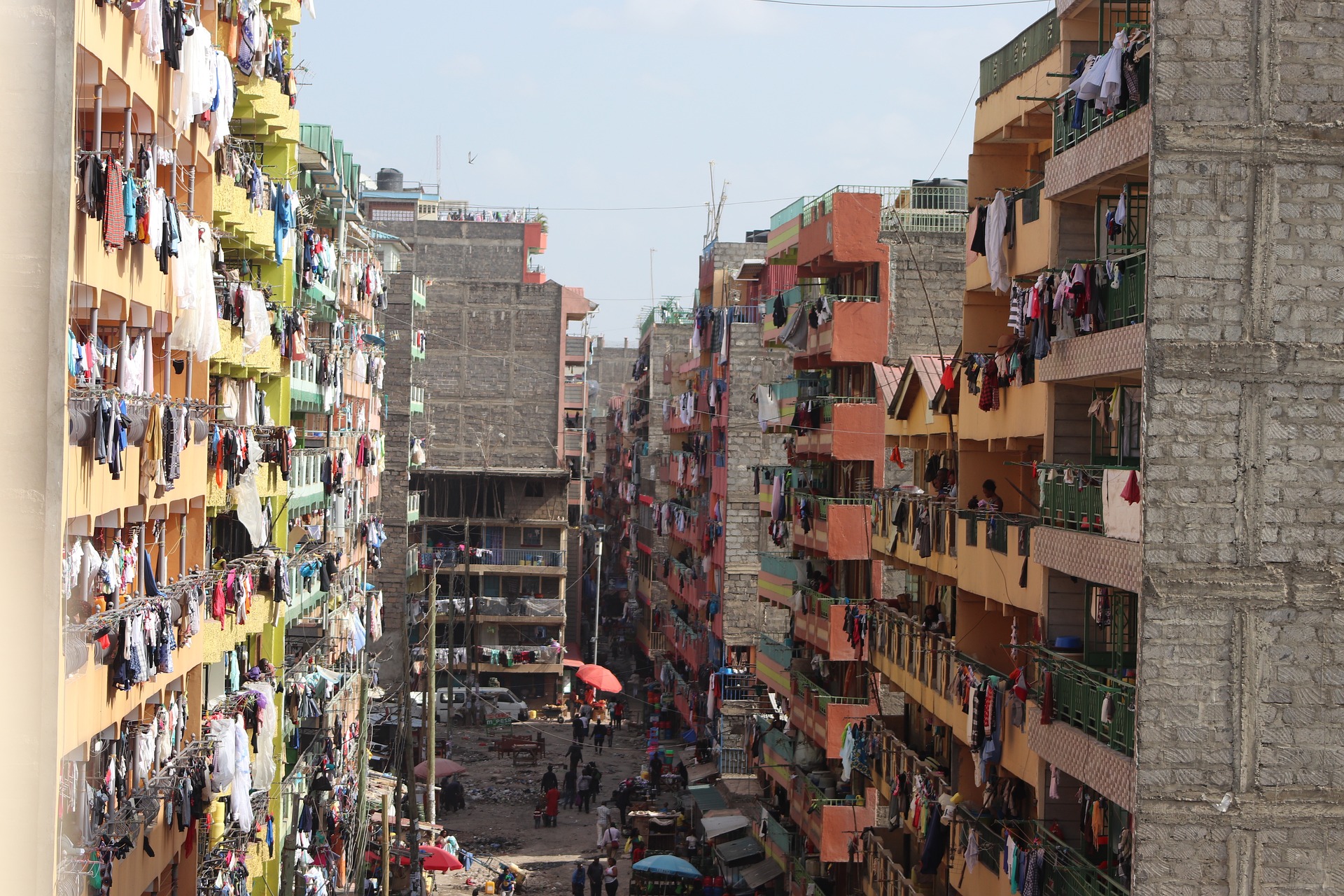
“If we look at the problems we are facing in the environment, including deforestation, a lot of them are human-induced,” said Beverly.
“Understanding how to segregate your waste at home and having it recycled is the first step towards sustainability. Embrace the future of a zero waste and circular economy. We are the change that we want to see.”
___________________________________________________________________________________________
A writer from Kakamega, Kenya, Eddy Ashioya is a Sunday Nation, Business Daily, and Saturday Nation columnist. He has written for The Standard, Citizen Digital, Love Matters Africa (Kenya/Nigeria), Independent (Nigeria), The Elephant, and Debunk Media. He has a background in advertising.
